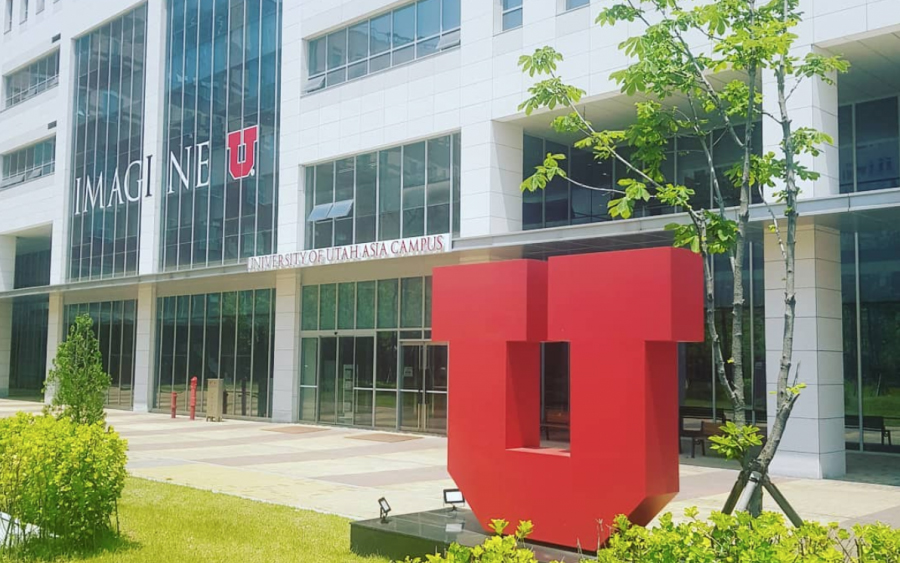Mental illness in South Korea consistently reaches alarming levels. The latest Organization for Economic Co-operation and Development statistic states South Korea experiences the world’s highest suicide rates with rates rising over the past few years.
Despite the severity of mental illness in the country, University of Utah Asia Campus students experience a lack of support and resources for their mental health.
Students at the Utah Asia Campus deserve mental health resources comparable to those at the Salt Lake campus. The Utah Asia Campus should actively support mental health services for its students.
Mental Illness in South Korea
Mental health issues, particularly among youth, are worsening in South Korea. The number of South Koreans in their 20s receiving treatment for depression nearly doubled from around 100,000 to 195,000 from 2018-22.
Although many South Koreans grapple with these issues, only 20% of them seek healthcare services when depressed. Many perceive seeking help as a sign of weakness, as mental illness is still a taboo topic in many South Korean communities.
Kyungmin Lee, a South Korean student who studied at the Utah Asia Campus for two years, offered some perspective.
“Many South Koreans contemplate counseling, but actually seeking it seems to be rare,” Lee said. “There is a tendency in Korean society to avoid discussing personal difficulties or pain with others. They tend to downplay their problems.”
Lack of Support
The Utah Asia Campus operates a mental health counseling center, but it is insufficient.
The Salt Lake campus boasts 25 licensed counseling staff members, including of 11 psychologists, three clinical mental health counselors and two psychiatric advanced practice registered nurses. However, the Utah Asia Campus only has two counselors.
The Utah Asia Campus also has limited resources compared to the Salt Lake Campus, which offers a range of mental health support. This includes the TELUS Health student support app, LGBT Resource Center, Women’s Resource Center and Utah Community Mental Health Clinic. In contrast, the Utah Asia Campus only has the Mental Health Counseling Center and the IGC Health Center available. This highlights the significant disparity in available resources between the two campuses.
“There was only one counselor available when I visited, which I thought students in need of counseling would not receive timely assistance,” Lee said.
Lillianna Martinescu, a student from New Mexico who has been on the Utah Asia Campus for one and a half years, said, “People who have used the counseling services at the IGC Health Center told me that the counselor doesn’t speak English well and only listens without providing counseling.”
Students Speak Up
The Utah Asia Campus is responsible for taking the first step. They need to promote more events and initiatives related to mental health to raise awareness effectively.
“I haven’t heard about counselors at the Asia Campus,” Martinescu said. “Including mental health events in our weekly Monday email or actively promoting them on social media would be wise.”
The Utah Asia Campus should also offer a broader range of counselors and resources tailored to individual preferences and needs. Some students seek counseling services but ultimately give up due to the limited options available.
Lydia Barnum, a student from Salt Lake City, was at the Asia Campus during summer 2022.
“People prefer talking to others who are similar to them,” Barnum said. “I’m queer, and I was struggling on the Utah Asia Campus because it felt like there wasn’t anyone else who was queer. It’s much easier to open up in therapy when it’s with someone who’s also queer or has similar experiences.”
Mental health should take priority over academics. Not attending counseling sessions doesn’t necessarily indicate that students lack mental health issues. Providing more resources and counselors will make students feel more comfortable addressing their mental health.
The students at the Utah Asia Campus deserve better resources, just like students on the Salt Lake campus.



